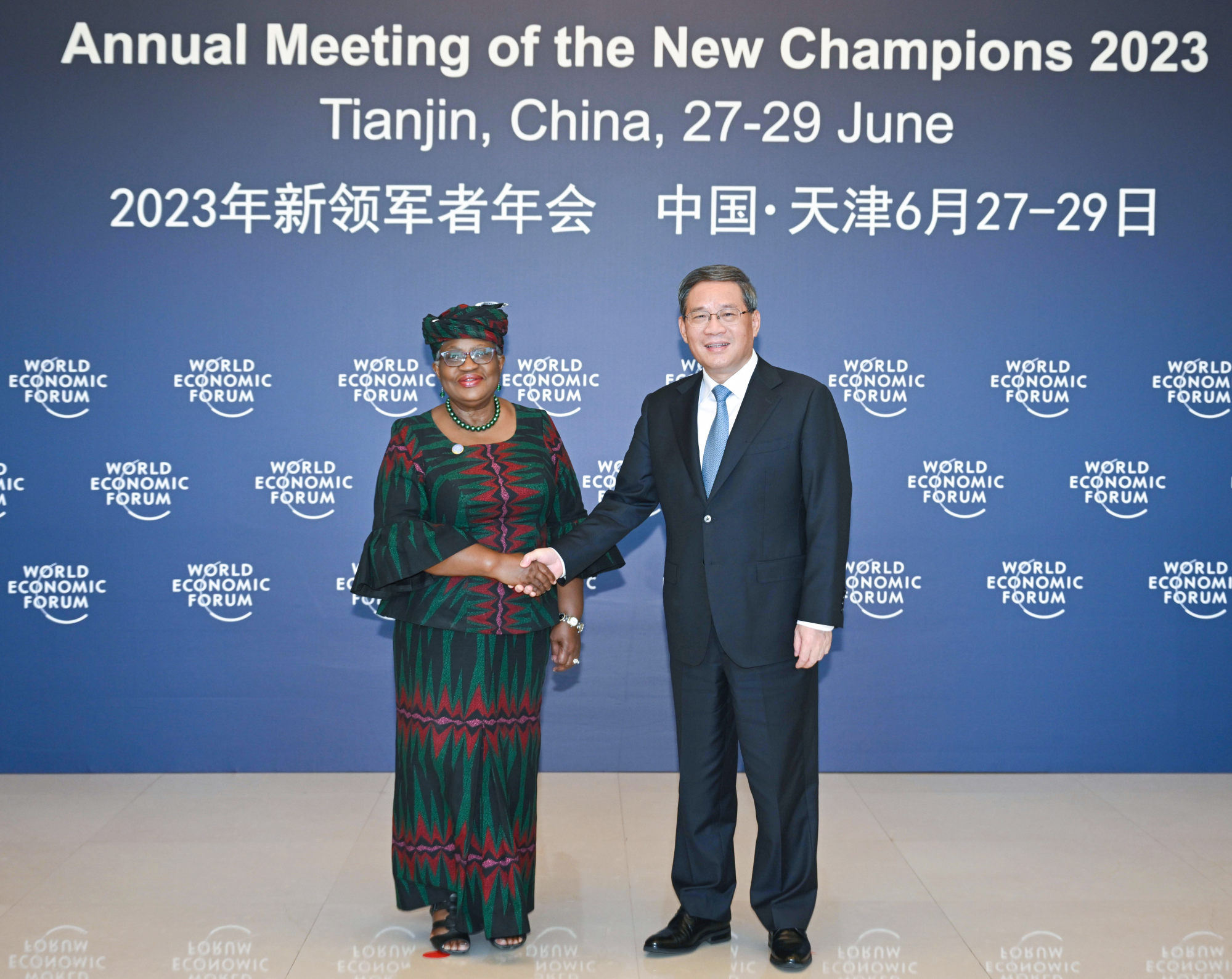
China joining WTO fisheries pact a victory for multilateralism and sustainability
- Handing over an ‘instrument of acceptance’ normally would not merit note, but China accepting the WTO’s agreement on fisheries subsidies is a watershed moment
- Having China, the world’s largest subsidiser of fisheries and biggest exporter of aquatic products, on board will help curb subsidies that drive overfishing and damage sustainability
While formal agreement was reached at the WTO Ministerial Conference in June last year, only 13 countries have completed the acceptance process. It will take two-thirds of WTO members ratifying the agreement before it comes into force. Officials are hoping to reach that target by February next year when WTO ministers next meet in Abu Dhabi.
The agreement is significant not just because it has taken such patient work over many years but because of its rarity. It marks only the second multilateral agreement reached within the WTO since its creation in 1995.

While progress on tackling fossil fuel subsidies might remain elusive for some time, hopes are now high that rapid progress can be made on reducing fisheries subsidies. Of particular concern are the fuel subsidies, tax exemptions and fisheries management support arrangements that encourage overinvestment, overfishing and illegal fishing activity.
How China’s vast and aggressive fishing fleet is kept afloat
WTO’s Okonjo-Iweala noted when she met Wang in Tianjin: “As the world leader in marine fish catch, China’s support for the implementation of this agreement is critical to multilateral efforts to safeguard oceans, food security and livelihoods.” China is the world’s largest producer, processor and exporter of aquatic life, whether from the ocean, inland fisheries or aquaculture.
According to a recent study by a team from the University of British Columbia in Canada, China accounted for about 21 per cent (US$7.2 billion) of global fisheries subsidies in 2018, as much as the European Union and the United States combined. It accounted for an even larger share of the subsidies that encourage overfishing.
According to a study of China’s post-2016 reforms by a team from the University of California Davis, there has been significant progress but mixed results. The number of large trawling vessels in Zhejiang province has fallen by 22 per cent, with average annual fuel subsidies down by 20 per cent. The result is a smaller, newer and more efficient fleet which has not necessarily led to the reduced fish catches needed to improve sustainability.
The study concludes that the elimination of subsidies will not reduce overfishing unless it helps fishermen transition into non-fishing occupations, saying “the relationship between subsidies and sustainable fisheries is nuanced rather than simple”.
The WTO’s fisheries negotiators would probably agree. While celebrating progress on cutting subsidies, their focus is on reducing overcapacity and overfishing. Let’s hope it does not take long before the WTO can celebrate further progress.
David Dodwell is CEO of the trade policy and international relations consultancy Strategic Access, focused on developments and challenges facing the Asia-Pacific over the past four decades.


